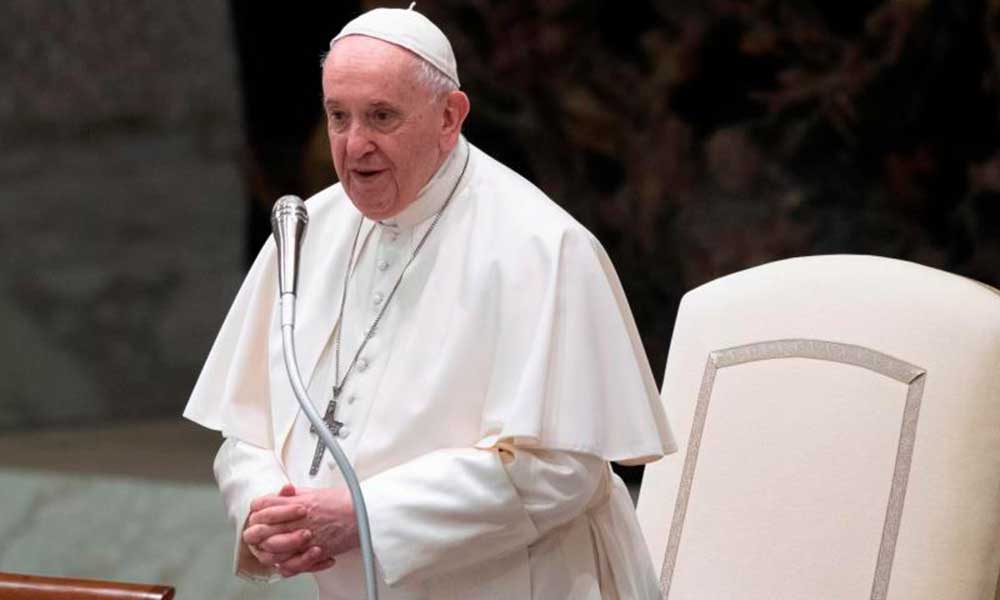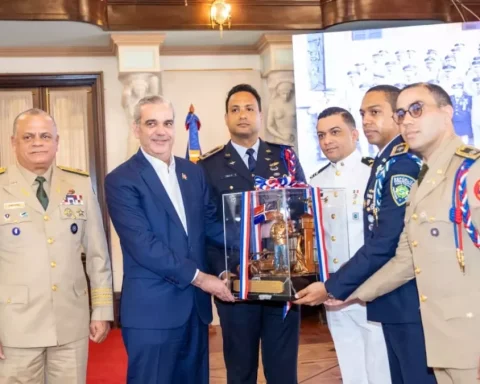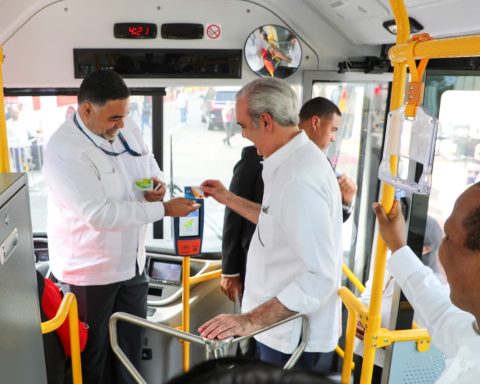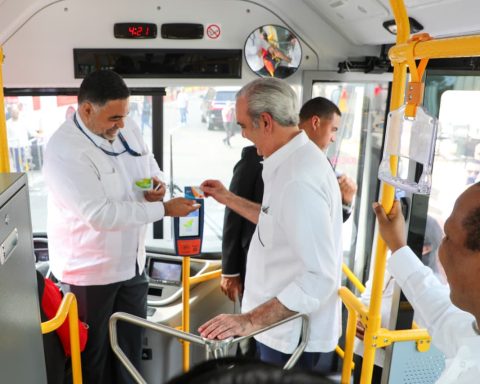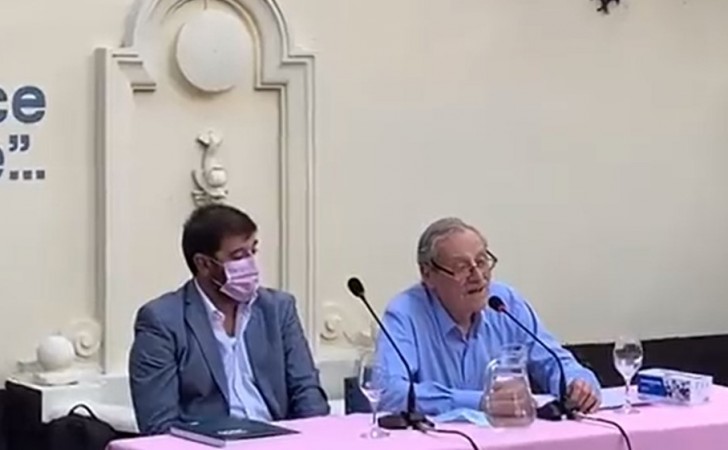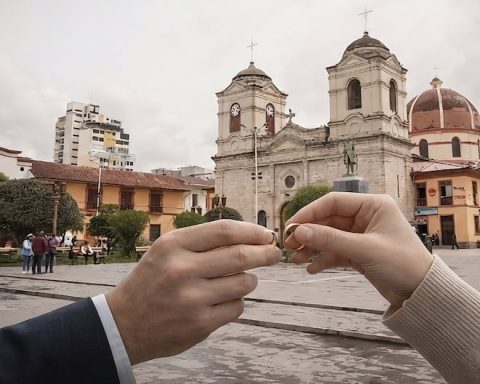Vatican City. Pope Francis asked the members of the Curia, who form the Government of the Catholic Church, for humility and encouraged them to work together and avoid creating “divisions, factions and enemies”, during his traditional message of congratulations for the feast of Christmas.
Francisco recalled that this occasion usually serves to give a review of the evils that afflict the Catholic hierarchy. “It is also for each one of us a moment of reflection and review, so that the light of the Word, which becomes flesh, makes us see better and better who we are and what our mission is,” he stressed.
On this occasion, the pope stressed that “this time seems to have forgotten humility, or to have relegated it to a form of moralism, emptying it of the overflowing force it possesses” and indicated to the Curia that “the word humility” is the one that could most help them.
Gathered in the classroom of the Blessings, Francis gave them the example of Naaman, the general suffering from leprosy that appears in the Old Testament, to indicate to them that “each one must have the courage to take off their own armor, to shed the garments of the own role, social recognition, the brilliance of the glory of this world, and assume its same humility ”.
“We are all lepers. Lepers waiting to be cured ”, the pope told the prelates, reminding them that“ the opposite of humility is pride ”and that“ without humility we cannot find God or experience salvation ”, and that“ without humility we cannot find our neighbor ”.
To the members of the Curia he indicated three key words: participation, communion and mission for a “style of humility to which we must aspire”.
He indicated to them the need for “co-responsibility” in their work so that “each of us felt a participant and co-responsible for the work, without limiting ourselves to living the depersonalizing experience of carrying out a program established by another person”.
He also urged them to “build relationships that go beyond mere work and strengthen bonds of good by helping each other.”
“Without this, we run the risk of being only strangers working together, rivals trying to better position themselves or, worse still, where relationships are created, they would seem to take on the aspect of complicity for personal interests, forgetting the common cause that keeps us going. united ”, he indicated when pointing out one of the problems of those responsible for the Church.
Because, the pope warned, “complicity creates divisions, factions, and enemies; collaboration requires the greatness of accepting one’s own partiality and openness to teamwork, even with those who don’t think like us ”. And he also advocated for them to get out of “immanence and interests” since it moves away from the true mission of the Church: “the passion for the poor, that is, for the needy: those who lack something not only in material terms, but also also in spiritual, emotional and moral terms ”.
Regarding the next Synod of the Church on synodality and the need to listen to everyone, Francis also urged them not to remain “locked in their own convictions, in their own experiences, in the armor of their own feelings and thoughts.”
“It would be a mistake to think that the Synod is an event reserved for the Church as an abstract entity, distant from us. And we members of the Curia must be the first to commit ourselves to a conversion to sobriety ”, he indicated.
